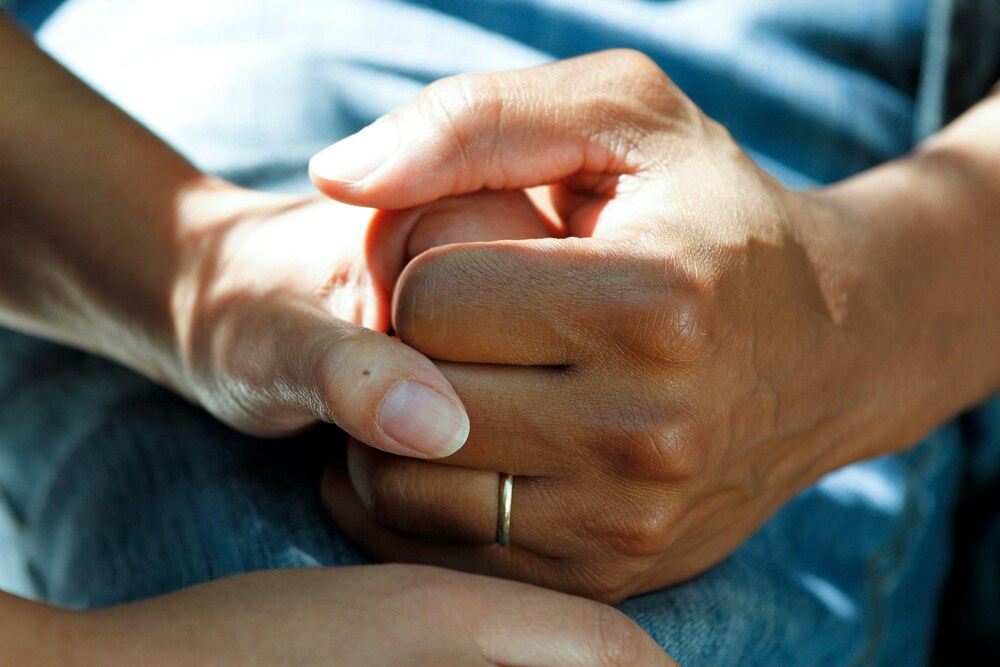Cancer care revolution reaches rural NSW
Kristin Murdock
30 March 2025, 1:40 AM
 Prehabilitation for cancer patients will become a reality in western NSW, thanks to researcher Jennifer Mackney
Prehabilitation for cancer patients will become a reality in western NSW, thanks to researcher Jennifer MackneyPrehabilitation care for cancer patients, which takes place prior to surgery, aims to increase survival and improve quality of life, and it may soon be available in regional areas, possibly including the Western Plains.
Dr Jennifer Mackney, is a John Hunter Hospital-based clinical specialist physiotherapist and researcher with the University of Newcastle and HMRI and has been awarded an $800,000 Cancer Institute NSW Accelerated Research Implementation Grant.
The effectiveness and implementation study will test the upscaling of the Newcastle prehabilitation model of care in five regional communities, ensuring that patients in rural areas have better access to critical support services before undergoing cancer-related surgeries.
When Western Plains App spoke to the Media and Communications Specialist at the University of Newcastle, she was unable to confirm where the five regional communities would be as discussions were still underway.
In Australia each year, it is estimated that 165,000 people will be diagnosed with cancer, with around 132,000 requiring surgeries—often multiple times.
Many of these patients are located in regional areas where access to specialised care can be limited.
Prehabilitation is an intervention program designed to help people prepare for cancer treatment by improving their physical and mental health.
It includes structured exercise, nutrition optimisation, and psychological support before surgery, helping patients recover faster, reducing the risk of complications, and providing a sense of control over their health journey.
Dr. Mackney said prehabilitation has been shown to improve cancer survivorship and overall quality of life.
“Physical fitness and well-being are critical for better surgical outcomes."
"However, cancer and its treatments often negatively impact physical activity, nutrition, and overall fitness, increasing the risk of poor surgical outcomes,” she said.

Cancer has an impact on everyone and prehabilitation is the latest weapon against the insidious disease.
Studies have shown that multimodal prehabilitation before cancer surgery improves patients’ physical function, halves postoperative complications, and reduces hospital stays following surgery.
However, access to formal multimodal prehabilitation programs remains limited, particularly in regional and rural NSW, where patients experience greater challenges in accessing these essential services.
The Newcastle program is known as ‘C-SPRITES - Improving equity of access to prehabilitation services in regional and rural NSW: Supported Prehabilitation – Improving fitness, ensuring well-being before surgery in people living with cancer.’
The expansion of this program will benefit multiple rural and regional communities across NSW, ensuring greater access to essential prehabilitation services for those outside metropolitan areas.
Dr. Mackney said that this initiative builds on work previously funded through the NSW Regional Cancer Research Network, enabling her research team to implement the C-SPRITES hybrid model of care in rural and regional communities.
The program will be delivered by health providers in person and via telehealth, ensuring that even those in remote locations can benefit from specialised support.
Addressing Regional Healthcare Disparities
Cancer patients in regional areas often face significant barriers to care, including limited access to oncologists, delayed diagnosis, and fewer options for specialist treatment.
Programs like C-SPRITES aim to bridge this gap by offering prehabilitation support to patients who might otherwise struggle to access these essential services.
According to NSW Government sources, Western NSW Local Health District (WNSWLHD) provides a comprehensive range of specialist cancer care services, including outpatient consultations, radiation oncology treatments in Dubbo and Orange, and access to a Positron Emission Tomography (PET) scanner in Dubbo.
The expansion of the Newcastle prehabilitation model aligns with broader efforts to improve regional healthcare services, including recent initiatives to enhance telehealth availability and mobile cancer care units.
“Our aim is to improve access to multimodal prehabilitation services for patients with cancer who are living in rural and regional areas and assess the program’s effectiveness and acceptability for patients, hospitals, referrers, and community partners,” Dr Mackney said.



